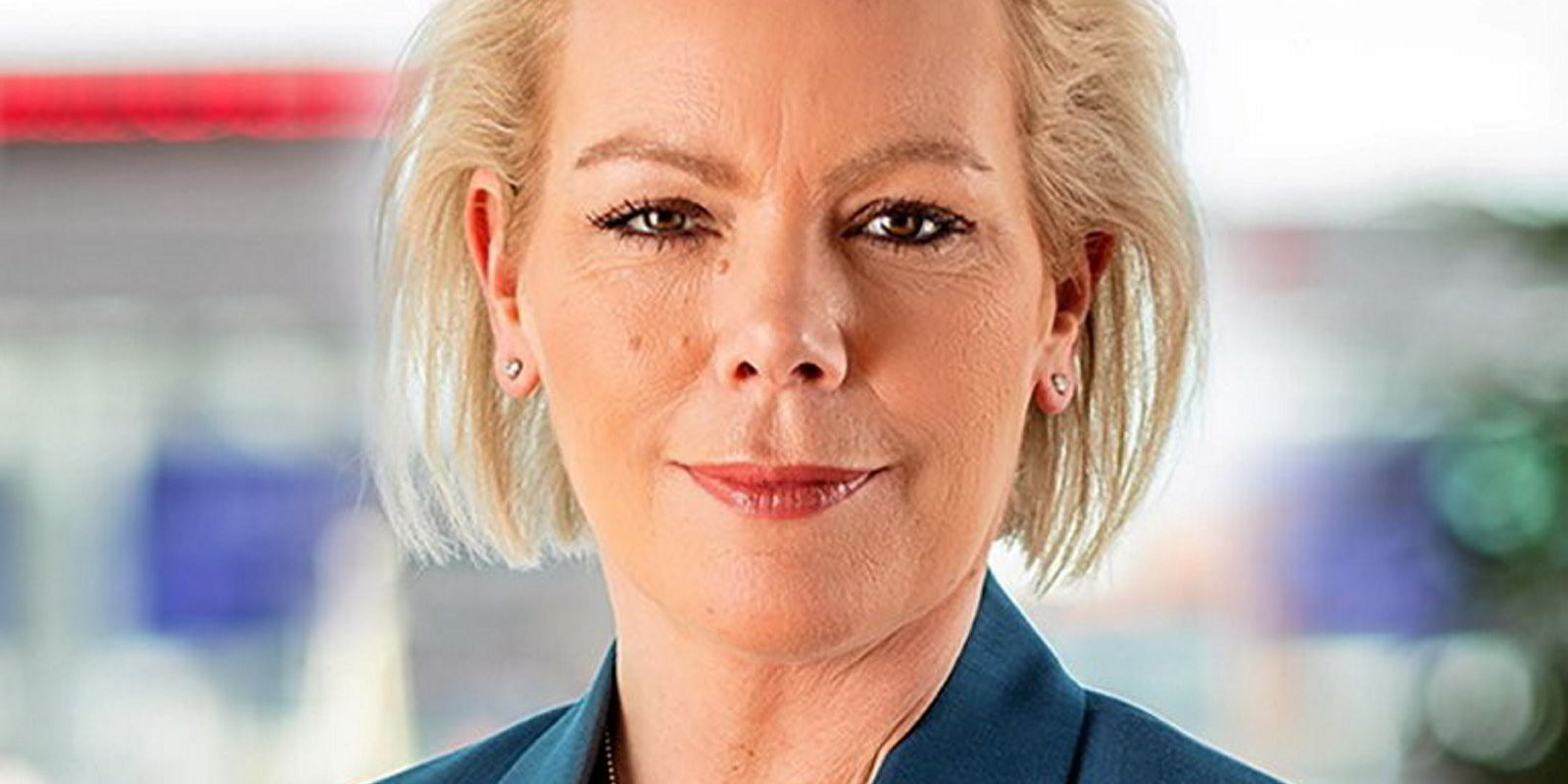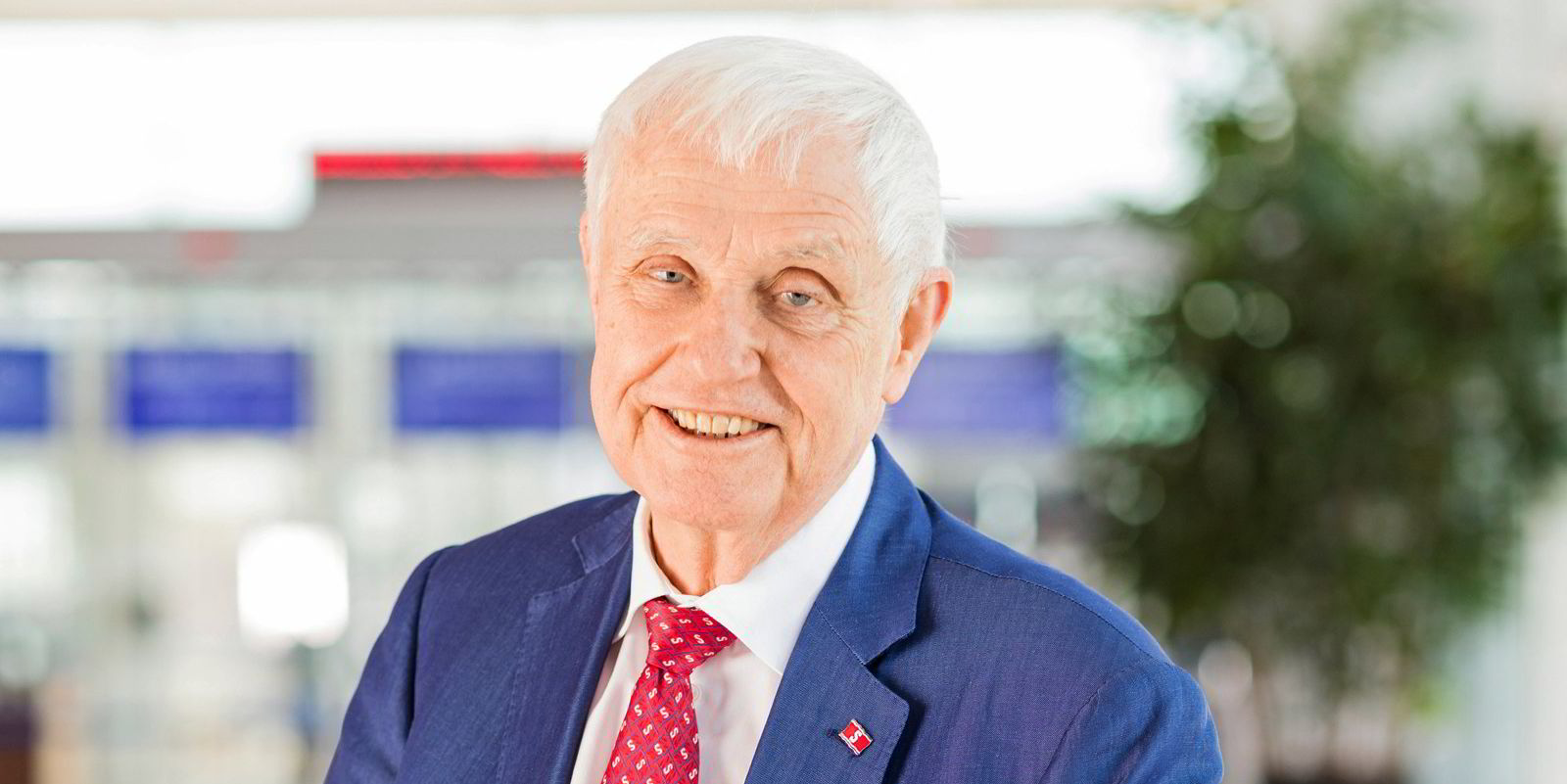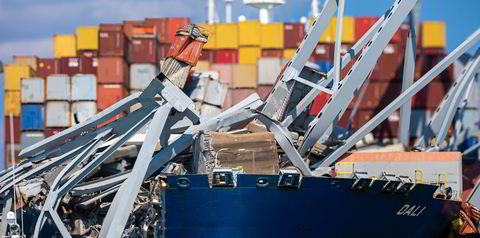Swedish shipowner Stena AB has been busy in financial markets, extending debt maturities and boosting cash firepower.
The private tanker, LNG carrier and ferry group revealed in its first-quarter report that it sold a new bond issue in February worth €325m ($348m).
The idea was to stretch its repayment profile and refinance an outstanding $350m secured bond due in March 2024.
In March, Stena added €93m to its revolving credit facility, to reach €700m.
And last month, it fixed a new loan worth $278m, using the 58,300-gt drillship Stena Forth (built 2009) as collateral.
Available liquidity amounted to SEK 19.2bn ($1.76bn) at 31 March.
The net loss in the first quarter was SEK 330m, lower than the SEK 748m loss recorded a year earlier, as revenue increased to SEK 12.4bn from SEK 10.3bn.
Non-ferry shipping revenue was up at SEK 4.3bn from SEK 3.2bn.
Ebitda rose to SEK 2.8bn from SEK 2bn the year before.
Annika Hult, deputy chief executive and principal financial officer, said the shipping division increased earnings as a result of strong rates for tankers and new ro-ro vessels being delivered in December.
LNG business touted for sale
In the ferry division, increased car and passenger volumes were partly offset by lower freight volumes compared with the same period last year.
Stena also has a $527m bond paying interest of 7% that expires at the end of January next year, plus a 6.125% series worth $350m maturing in 2025.
TradeWinds reported earlier in June that the group is floating its LNG shipping business for sale in a tight newbuilding market in which prices are at record levels and mid to long-term vessel demand is bullish.
A teaser sales document provided to TradeWinds in answer to questions says Stena recently received “unsolicited expressions of interest” from parties interested in acquiring its LNG carriers and technology business.
As a result of the approach, Stena has decided to look at the alternatives for selling all or part of the business.
This consists of three ice-class and winterised LNG carriers — two tri-fuel diesel-electric vessels and one steam turbine ship — all of which are fixed on time charter.





